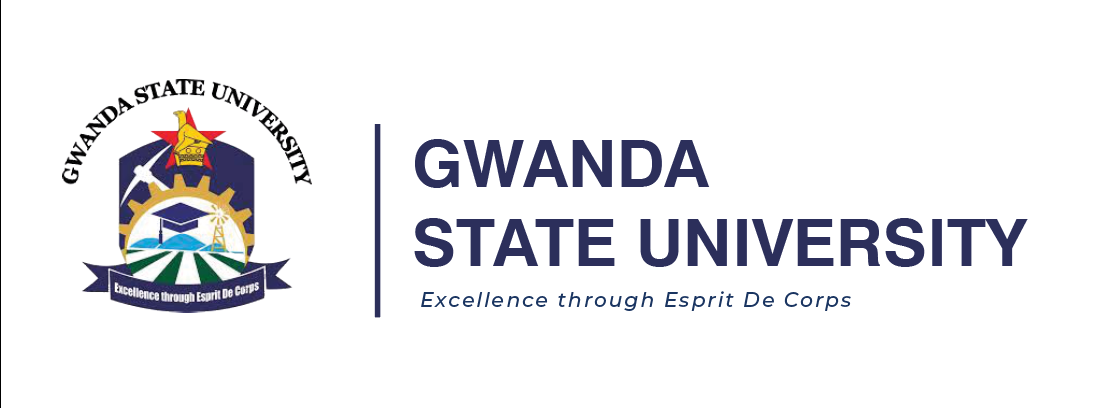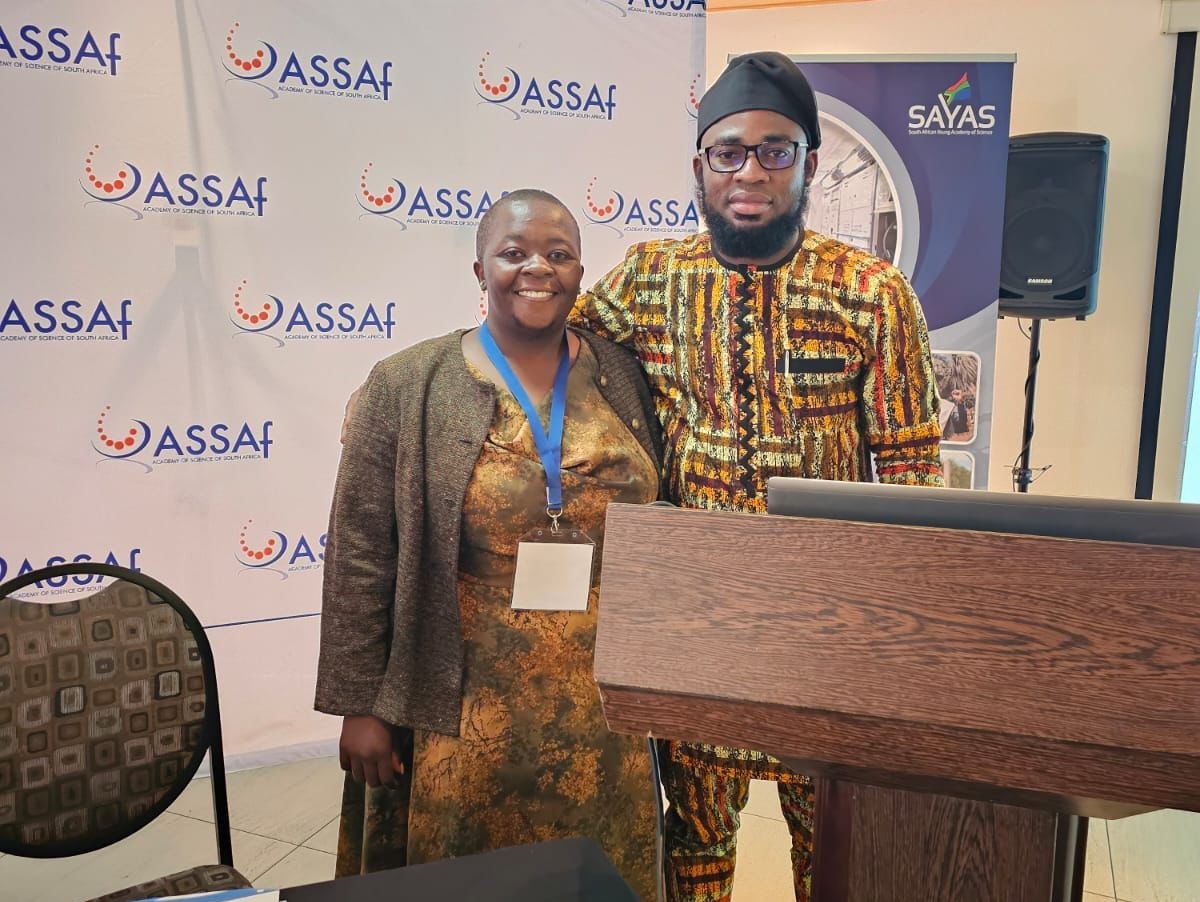ASSAF Annual Young Scientist’s Conference, October 2025
Gwanda State University’s Director for Wildlife Conservation and Research, Dr Annabel Banda, was nominated to be part of the 58 out of the 250 young scientist applicants at the recently held ASSAF Annual Young Scientist’s Conference, which ran from 13–14 October 2025 in Johannesburg, South Africa.
Dr Banda’s nomination came after her presentation of a research output titled, “Taxonomic composition and abundance of Dipteran flower visitors of Lippia Javanica in cultivated vs wild areas of Mashonaland East, Zimbabwe.” At the event, she was also appointed session facilitator for the Science, Society and Policy Interface plenary session — one of her first roles, physically, on a global platform.
Dr Banda holds a Bachelor of Science and a Master of Science degree in Biological Sciences and Tropical Entomology, respectively, from the University of Zimbabwe. She earned her DPhil in Ecology and Environment from Chinhoyi University of Technology, Zimbabwe.
She supervises research projects, and her research interests include zoonotic diseases, sociocultural determinants of health and illness, endo- and ecto-parasites of animals, and dipteran pollinators.
In recognition of her contributions to science and development, Dr Annabel Banda was awarded a Women in Science, Technology, and Innovation Recognition Certificate in 2024. She was also elected as The World Academy of Science (TWAS) Young Affiliate (2025–2030), ASSAF Annual Young Scientists Conference awardee for 2025, ZIMYAS Vice President (2021–2025), OWSD Treasurer, and Founder of the Future African Scientist Program (2021).

